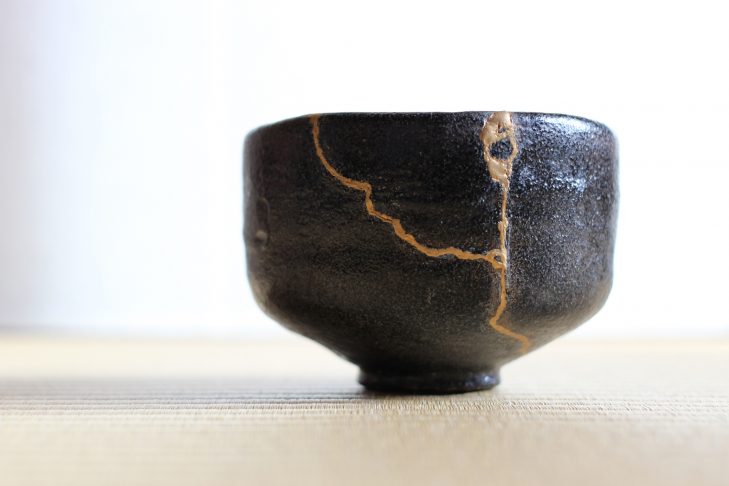Having just returned from the annual Prizmah Day School Retreat for heads of school, I have the theme of mistake-making swirling in my head. Along with many other school leaders, I spent the past three days deeply focused on the value of mistakes and the importance of creating a culture in a school where mistakes are seen as opportunities for learning and failing forward.
Mistake-making is often associated with feeling vulnerable and making people feel insecure, but when done thoughtfully, schools can become special places where mistakes are repurposed for not just our students, but also teachers, parents and administrators alike. According to the Oxford Dictionary, mistakes come in many different forms: as inaccuracies, errors, faults, blunders, slips, miscalculations, misunderstandings, flaws, gaffes, faux pas, misreadings, slip-ups and the list goes on. But one thing is for sure: To be human means we will make mistakes. How we react to them as a community is in our hands.
In his book, “Gateway to Self-Knowledge,” Rabbi Zelig Pliskin points out many different questions which, when approached with an open heart, can make a profound difference. These questions can help us rethink our own failures and our responses to the inevitable mistakes we will make. For example, he asks: Do you tend to make the same mistakes over and over again? What would prevent you from making the same mistakes? What is your usual reaction when you make a mistake? Do you spend a large amount of time berating yourself for your mistakes? If so, what do you lose out by doing so? When other people point out your mistakes, do you feel embarrassed? Grateful? Angry? In what ways do you view mistakes as learning experiences to help you grow? When you make a mistake, do you carefully analyze the reasons for your mistakes?
Our school is well-versed in the value of holding a growth mindset for our students, faculty and staff. By definition, such a stance necessitates making mistakes. Growth comes from trial and error. Growth comes from deep reflection and learning from the times when we may miss the mark. True growth comes when we are willing to be vulnerable and admit to the times we could have done better.
As a community, I am grateful that mistake-making is in the air we breathe here at JCDS (and, of course, we could always do more of) and, indeed, something to celebrate as we continue to mature as a school.
This post has been contributed by a third party. The opinions, facts and any media content are presented solely by the author, and JewishBoston assumes no responsibility for them. Want to add your voice to the conversation? Publish your own post here. MORE



